Current Projects
We offer online and in-person workshops and programs that range from short, certificate classes to our in-depth Renewable Energy Technologies Diploma Series. These programs cover the technical and financial side of clean energy. We also work with educational institutions and companies directly to create training programs that are specific to their needs and schedules.
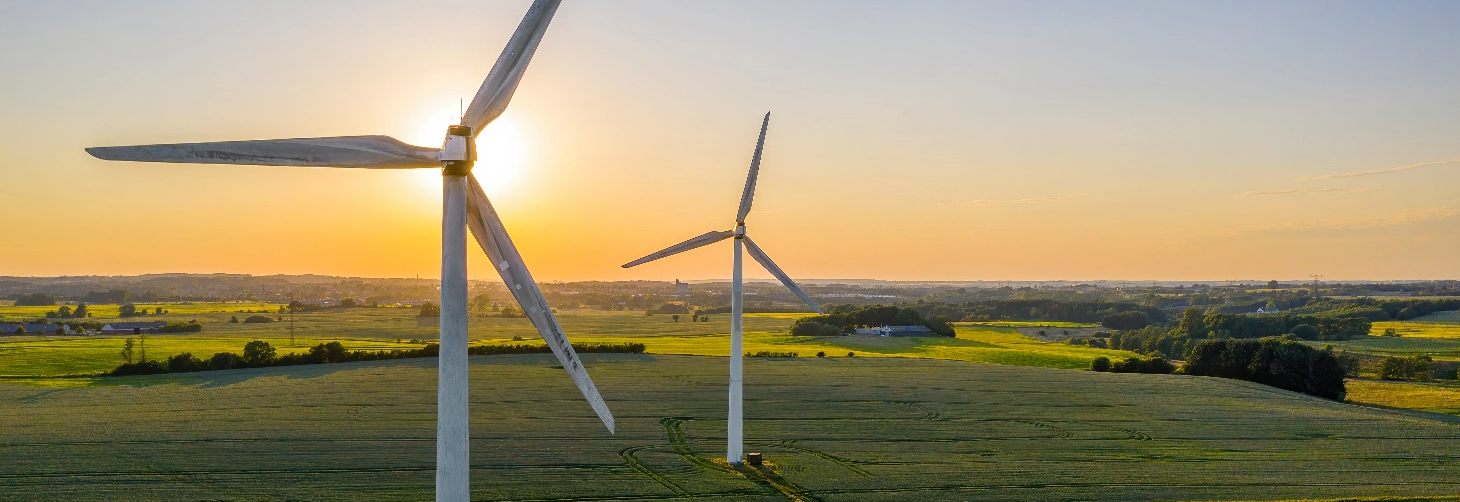
USDA REAP Renewable Energy Assessments
The Center can provide agricultural producers and rural small businesses in North Carolina with renewable energy assessments through a USDA Rural Energy for America Program Renewable Energy Development Assistance grant.
Learn More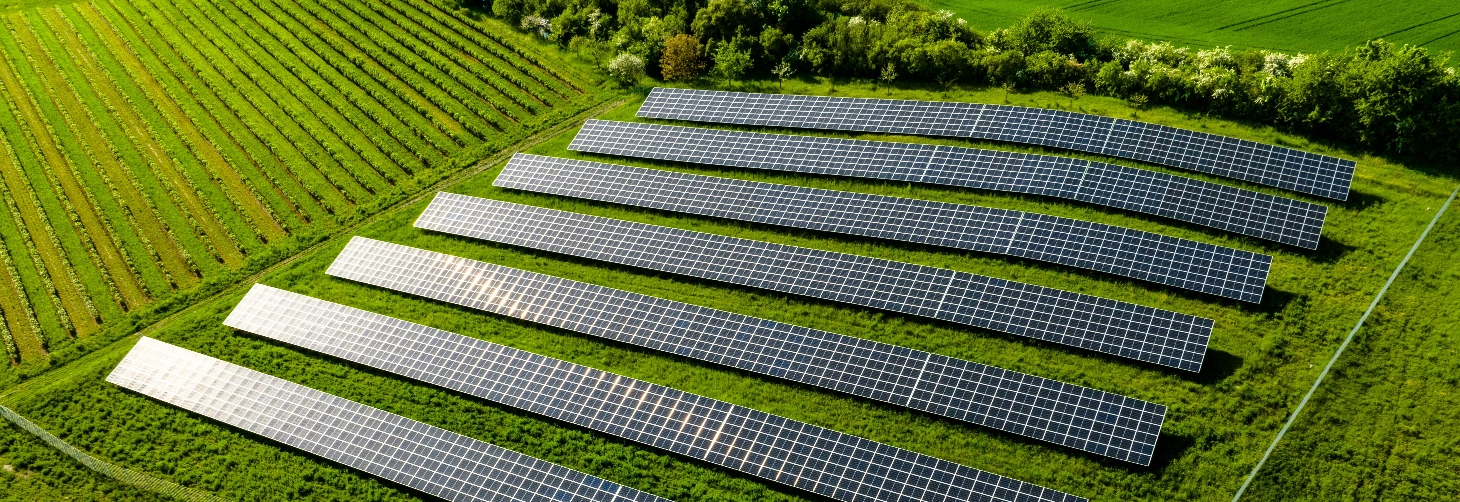
USDA REAP Grant Technical Assistance
Assistance with applying for grants and loans from the USDA Rural Energy for America Program is available from the Center through a Technical Assistance Grant.
Learn More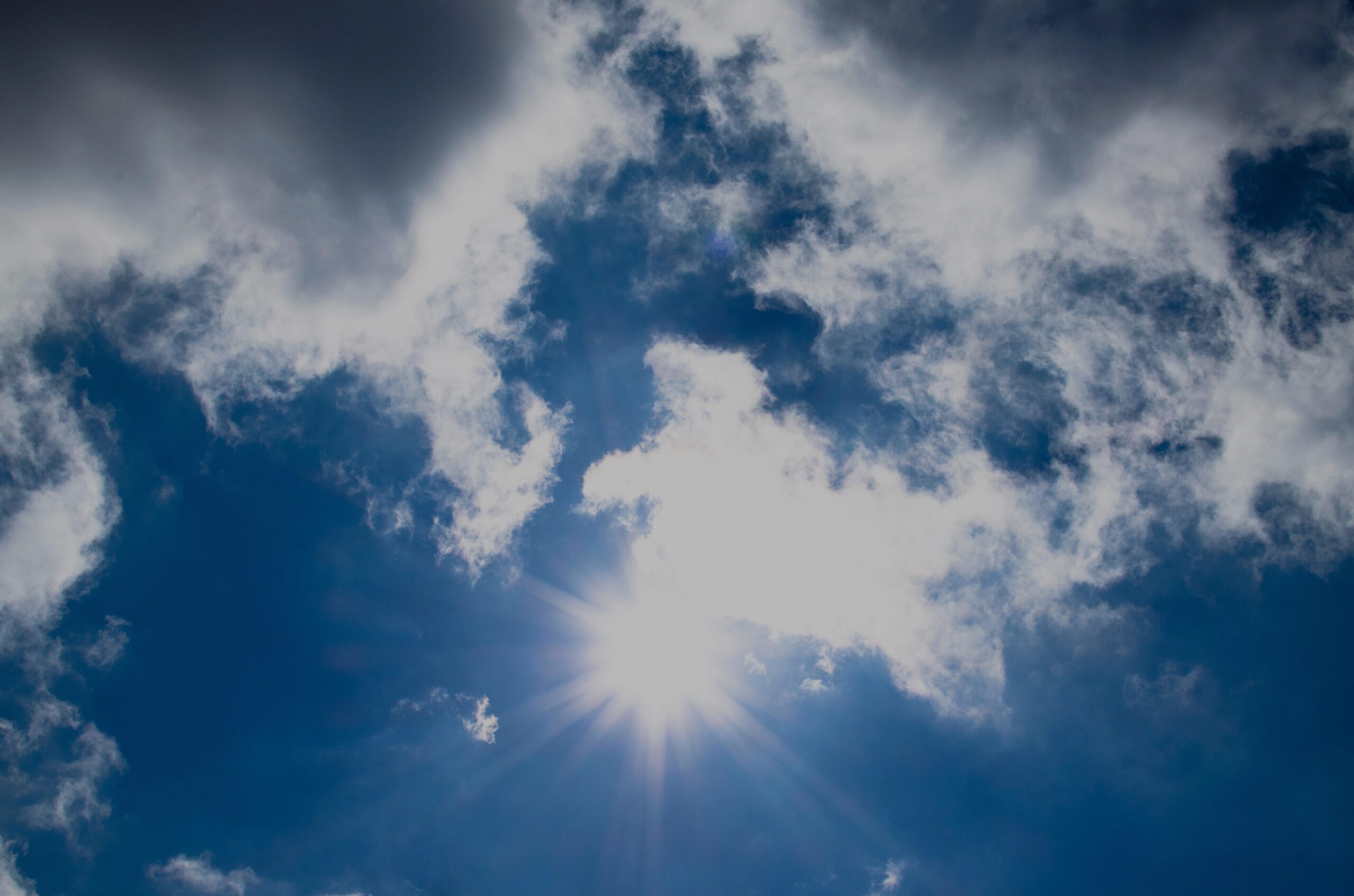
Clean Fuel Advanced Technology (CFAT)
The Clean Fuel Advanced Technology (CFAT) project is funded by the N.C. Department of Transportation and administered by the North Carolina Clean Energy Technology Center. The CFAT project is focused on reducing transportation related emissions and operates in counties that are in maintenance status regarding National Ambient Air Quality Standards. The Center both administers grants…
Learn More
R-STEP
The Renewable Energy Siting through Technical Engagement and Planning (R-STEP) program supports initiatives in six state-based projects that provide training and technical resources as communities and governments plan for large-scale renewable energy and energy storage projects. NCCETC will lead the project in North Carolina and South Carolina, and was awarded $2 million over three years.…
Learn More
Solar for All
On April 22, 2024, the U.S. Environmental Protection Agency awarded a $156 million Solar for All grant to the EnergizeNC coalition. The coalition, comprised of the NC State Energy Office, the NC Clean Energy Technology Center, the NC Clean Energy Fund, and Advanced Energy, will develop an incentive program for single family, multifamily, and community…
Learn More
DSIRE
The Database of State Incentives for Renewables & Efficiency (DSIRE) is the most comprehensive source of information on policies and incentives that support renewable energy and energy efficiency in the United States. Established in 1995, DSIRE is operated by the NC Clean Energy Technology Center. This public resource, which includes summaries of more than 2,600…
Learn More
Charging Smart
Charging Smart is a designation program that recognizes local governments for adopting policies, practices, and incentives that enable the efficient and equitable expansion of EV charging infrastructure. The Center will provide technical assistance to local governments across the southeast to help them achieve Charging Smart designation.
Learn More
EV Infrastructure Resilience
The EV Infrastructure Resilience project is a part of the NC Department of Transportation’s University Center of Excellence for Sustainable and Resilient Infrastructure. Through the project, the North Carolina Clean Energy Technology Center is helping to identify future EV charger capacity needs, perform scenario analysis of high-traffic volume events such as severe hurricane evacuations, and…
Learn More
DOE Southeast Onsite Energy TAP
The Southeast Onsite Energy Technical Assistance Partnership provides technical assistance tailored to your organization’s goals and offers guidance on incentives, programs, and policies that are applicable to your specific situation. As part of DOE’s Industrial Assessment Center Implementation Grant Program, small and medium-sized manufacturers may receive grants of up to $300,000 to implement projects recommended…
Learn More
DOE Resilient REDDI Communities
The Resilient Renewable Energy to Diminish Disaster Impacts (REDDI) Communities team works to enable local communities to make informed decisions for deployment of resilient solar PV and energy storage projects. Objectives of the project include development of community resilience metrics to support investments and release of a playbook on deploying resilient energy systems for emergency…
Learn More
DOE State Manufacturing Leadership Program
A recent DOE initiative, the State Manufacturing Leadership Program, has named North Carolina as one of the 12 funding recipients to run a state-wide program intended to make smart manufacturing technologies more accessible. The project, led by the North Carolina Department of Commerce, is funded by the Bipartisan Infrastructure Law, and will support small and…
Learn More
EPA Pollution Prevention
The Environmental Protection Agency (EPA) Pollution Prevention (P2) grants fund state and tribal programs to provide technical assistance to businesses to assist with adoption of source reduction practices, or pollution prevention. NCCETC is a sub-recipient of the grant and is working with East Carolina University (ECU). NCCETC’s Clean Power and Industrial Efficiency (CPIE) team will…
Learn More
CIISR
Charging Infrastructure Connection Simplification Resource (CIISR) is a project sponsored by the U.S. Department of Energy. The purpose of CIISR is to develop best practices regarding the service connection procedures utilities use when providing (or upgrading) service for their customers’ EV charging equipment, as well as develop support resources for small fleet and MFH customers.…
Learn More
Southeast Clean Cities and Communities Expansion
The Southeast Clean Cities Network Expansion grant focuses on building the capacity of existing coalitions on a statewide and regional level. One main objective is to grow the capacity to serve new areas in underserved regions of the Clean Cities and Communities network. Participating coalitions will recruit stakeholders such as new fleets and work with…
Learn More
Clean Carolinas NSF Engines
NCCETC is a key partner on “Clean Carolinas,” a $1 million, 2-year grant project funded under the new National Science Foundation Regional Innovation Engines program. To meet the NSF Engines program’s goals, the Clean Carolinas project is designed to foster innovation and collaboration, stimulating economic growth and job creation in North and South Carolina through…
Learn MorePast Projects
Below are Center projects that have been completed over recent years. Center staff are proud to have collaborated with many different stakeholders to bring these projects to fruition.
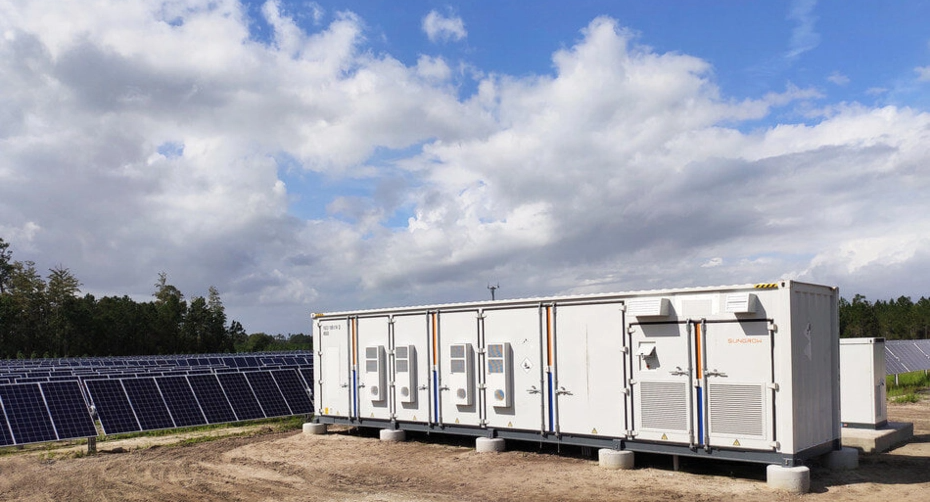
North Carolina Energy Storage Study
North Carolina’s power sector faces a rapidly increasing penetration of renewable energy as well as economic and environmental pressures to decrease coal production. Energy storage may present an attractive solution to ensure reliable service, decrease costs to rate payers, and reduce the environmental impacts of electricity production. Given the complexity of grid operations, however, the…
Learn More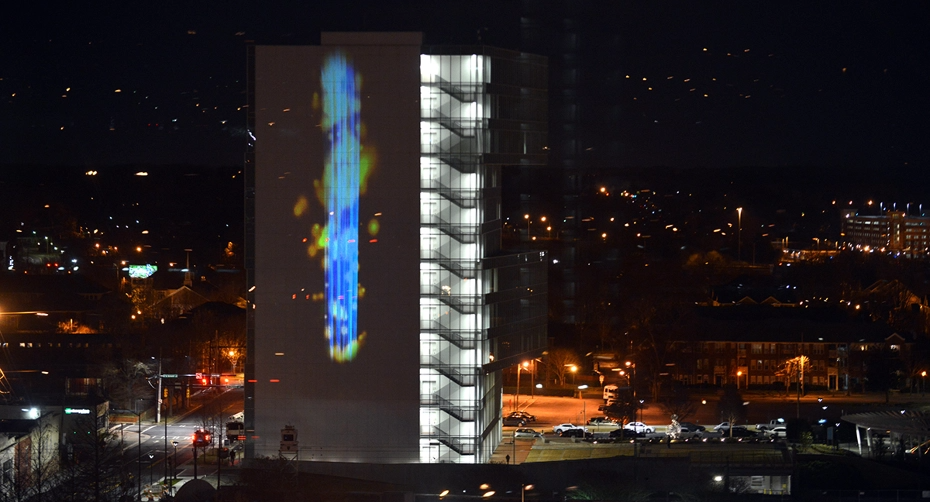
Building North Carolina's Offshore Wind Supply Chain
This report examines North Carolina’s opportunity with the offshore wind (OSW) industry, with a particular emphasis on the industry’s supply chain needs and the state’s position and potential manufacturing role in the industry. The North Carolina Department of Commerce commissioned the report, which was researched and produced by BVG Associates and a team of experts…
Learn More
Powering Energy Efficiency & Impacts Framework Project
This was a two year project with a goal to develop a data and mapping tool to increase energy efficiency and effectiveness of energy programs supporting low income households in five North Carolina counties: Wilson, Edgecombe, Nash, Northampton and Halifax. Supported by the U.S. Department of Energy, the project was a collaboration of the Upper…
Learn More
Template Solar Ordinance
The NCCETC and the North Carolina Sustainable Energy Association (NCSEA) managed the development of this template ordinance and the organization of the drafting working group. The working group consisted of representatives of the solar industry, local North Carolina planners, State Farm Bureau, N.C. Department of Agriculture, N.C. Department of Environmental Quality (DEQ), N.C. Association of…
Learn More
Community Solar for the Southeast
The Community Solar for the Southeast project, funded by the Department of Energy, aims to accelerate the installation of community solar photovoltaic (PV) systems at municipal and cooperative electric utilities across the southeast. Community solar projects are ground-mounted PV systems that are generally smaller than other utility-scale solar projects. They are large enough to provide…
Learn More
Planning an Affordable, Resilient & Sustainable Grid in NC
Planning an Affordable, Resilient, and Sustainable Grid in North Carolina” (PARSG) is a joint two-year project between the N.C. Department of Environmental Quality (DEQ), UNC Charlotte’s Energy Production and Infrastructure Center (EPIC), and the NC Clean Energy Technology Center (NCCETC). The project will include opportunities for interested stakeholders to review the metrics developed by the…
Learn More![CARES Act community solar [Community Solar Access for Low to Moderate Income Utility Customers] Slide Image](https://nccleantech.ncsu.edu/wp-content/uploads/2020/05/air-atmosphere-blue-296234-1-scaled.jpg)
CARES Act community solar [Community Solar Access for Low to Moderate Income Utility Customers]
The Center in partnership with the State Energy Office provided funding from the CARES Act to purchase community solar subscriptions for lower-income customers of municipal and cooperative electric utilities.

Community Solar Access for Low and Moderate-Income Utility Customers
Through the American Rescue Plan Act (ARPA) funding opportunity, NCCETC explored larger-scale systems and incorporated energy storage to improve the value proposition of community solar for both utilities and subscribers. The overall goal of the project was to spur new capacity development, provide additional subscriptions at existing facilities, and explore ways to increase value for…
Learn More
Achieving Resilience Benefits Through Utility Solar + Storage Deployment in Low-Income Communities
Through the American Rescue Plan Act (ARPA) funding opportunity, NCCETC designed a utility-owned solar-plus storage (or standalone storage) program model focused on providing resilience benefits to low-income communities, and worked to begin a real-world pilot program in partnership with a utility. The program involved deployment of utility-owned generation and storage assets to commercial-scale customer locations,…
Learn More
Solar-Plus for Electric Cooperatives
Solar-Plus for Electric Co-ops (SPECs) was launched in 2020 to help optimize the planning, procurement, and operations of battery storage and solar-plus-storage for electric cooperatives. SPECs was selected by the U.S. Department of Energy’s National Renewable Energy Laboratory (NREL) for Round 2 of the Solar Energy Innovation Network (SEIN). NCCETC partnered with Cliburn and Associates,…
Learn More